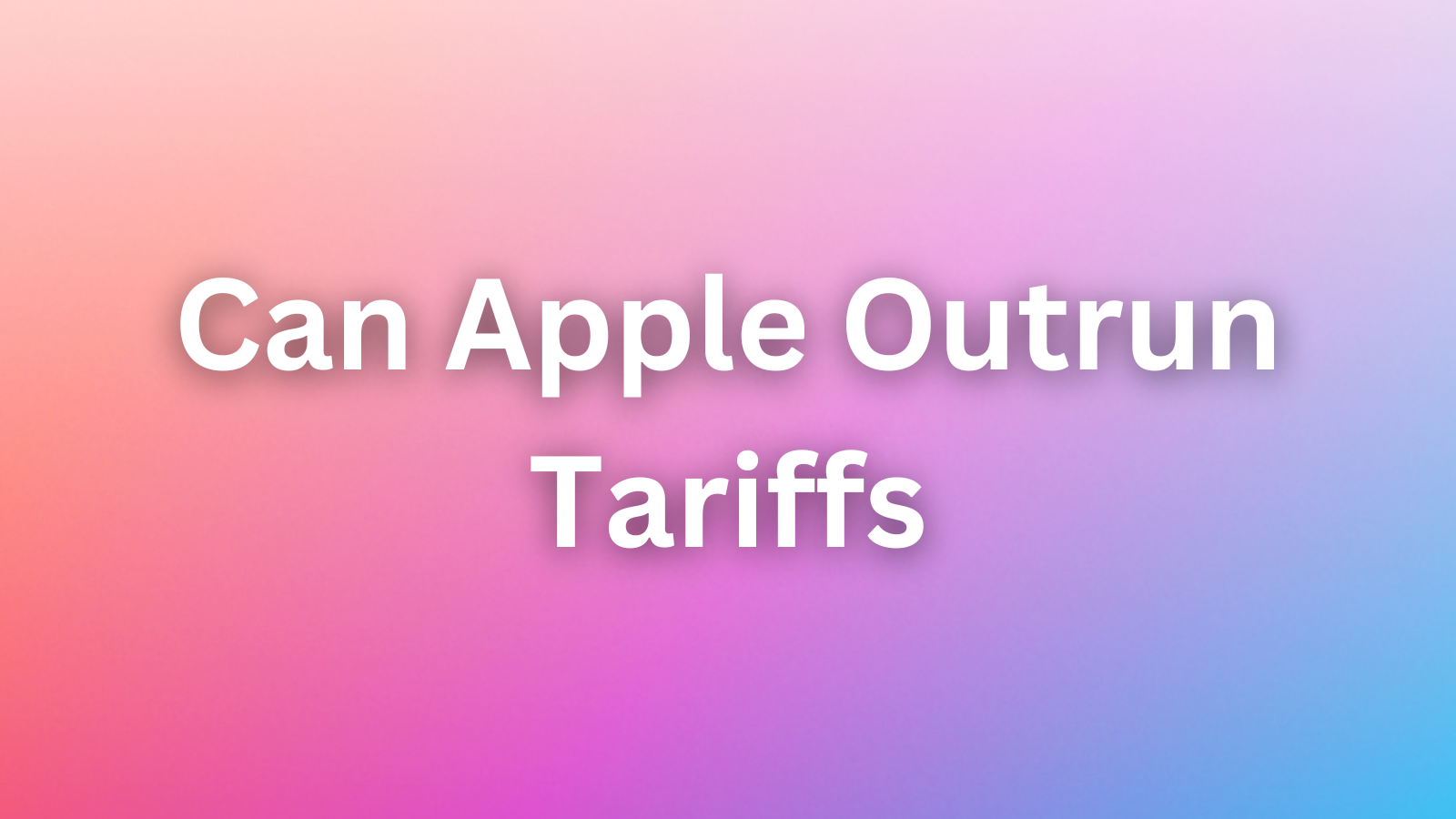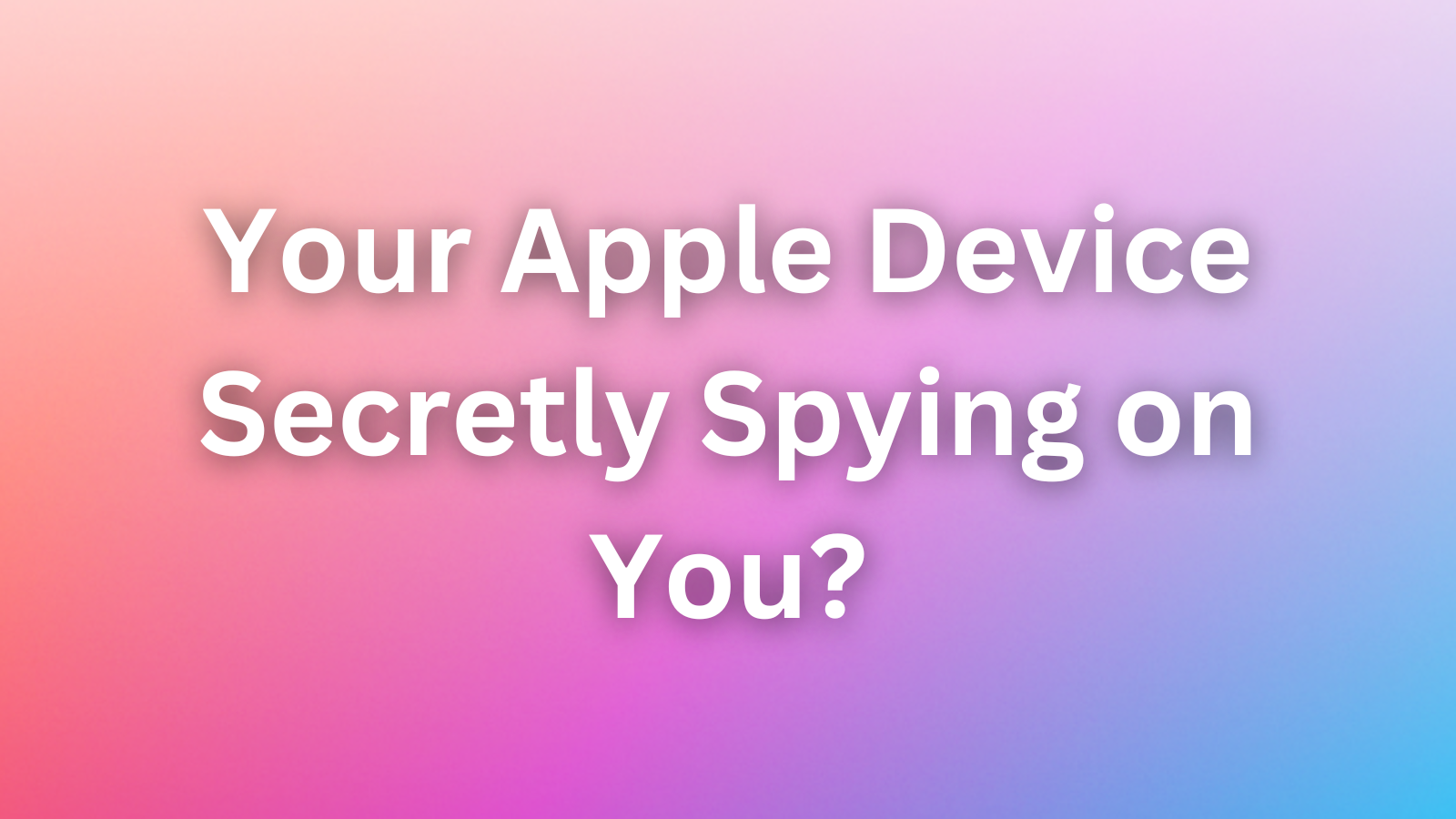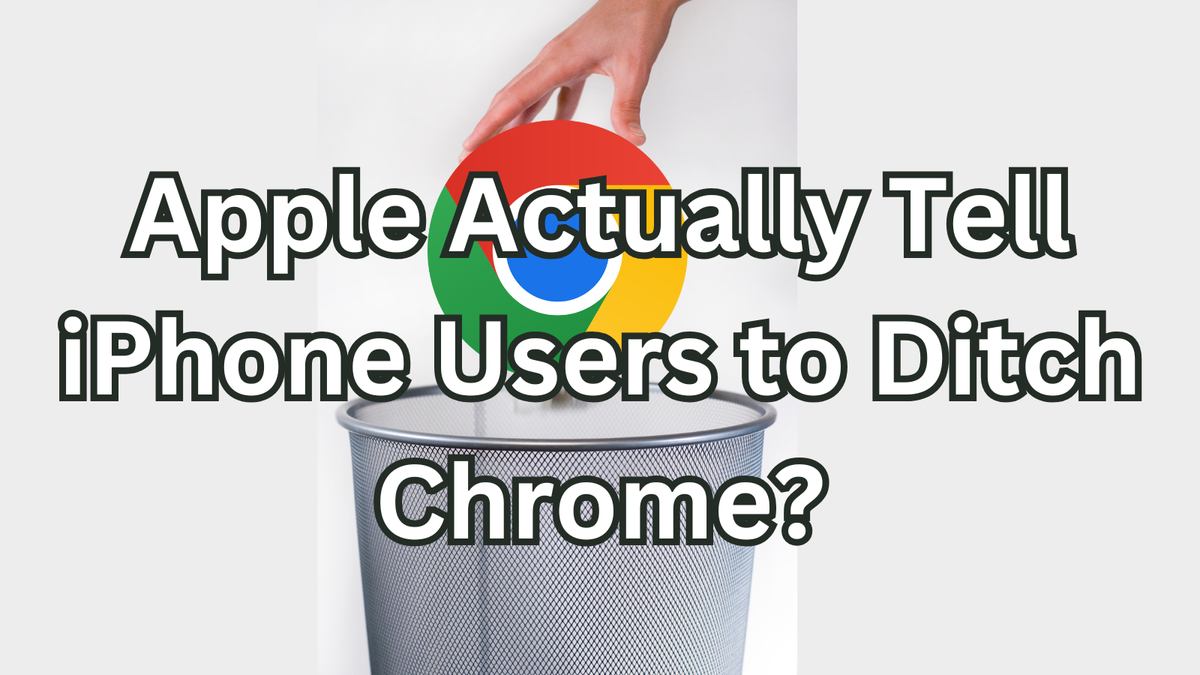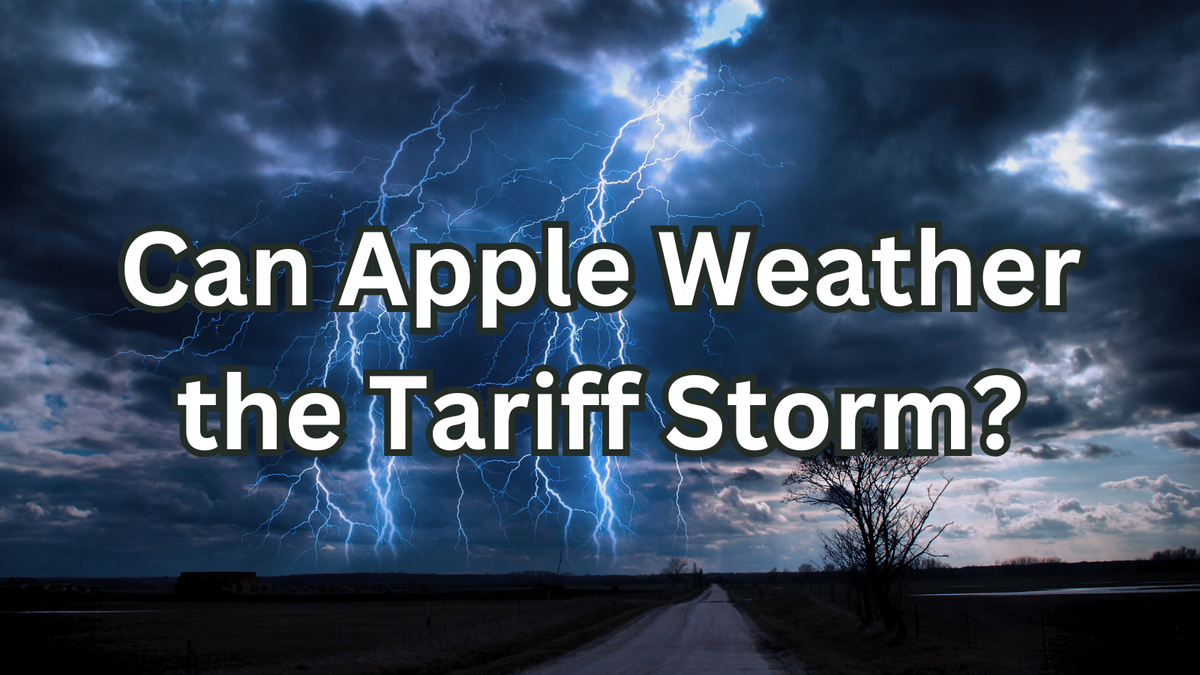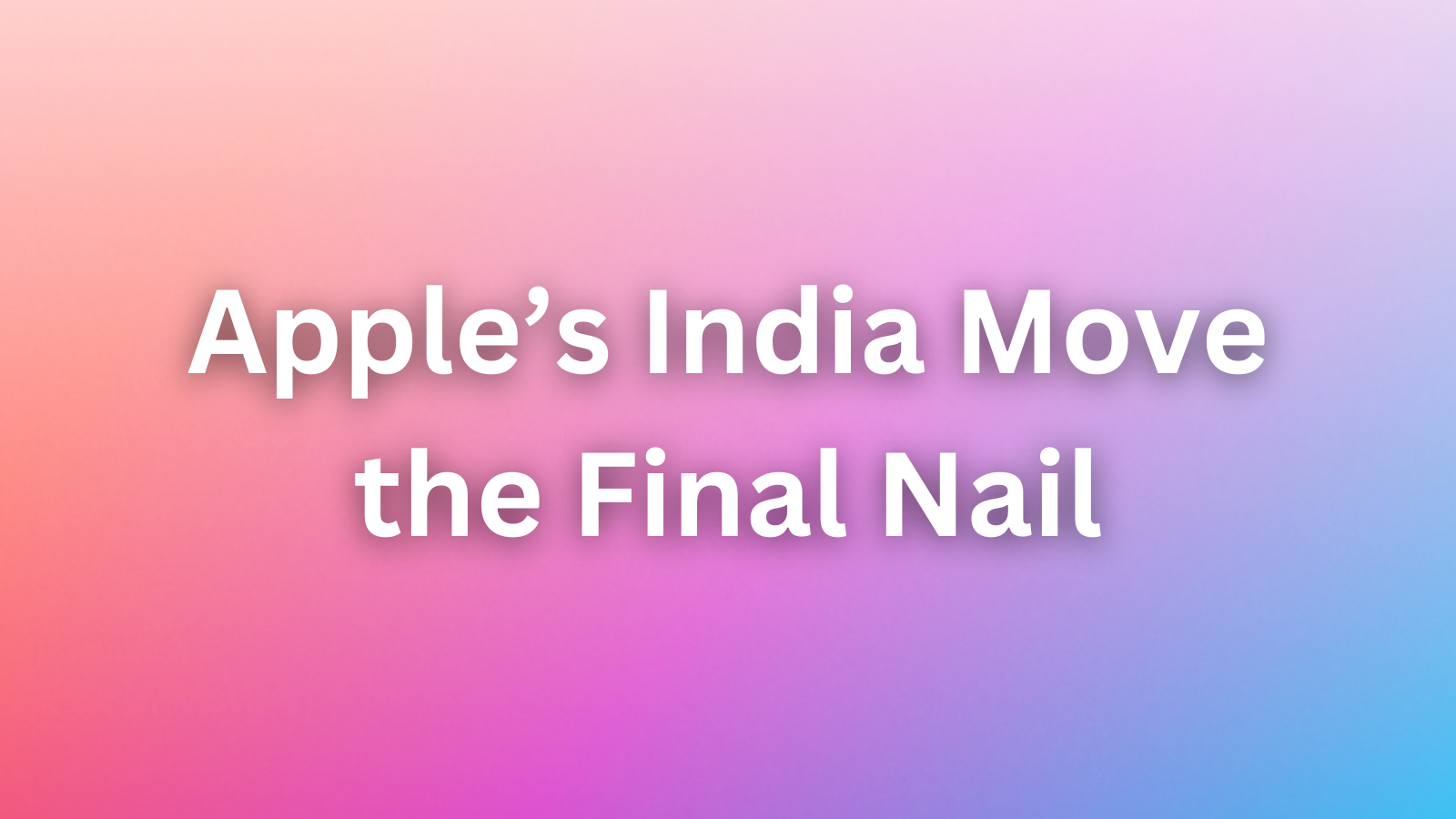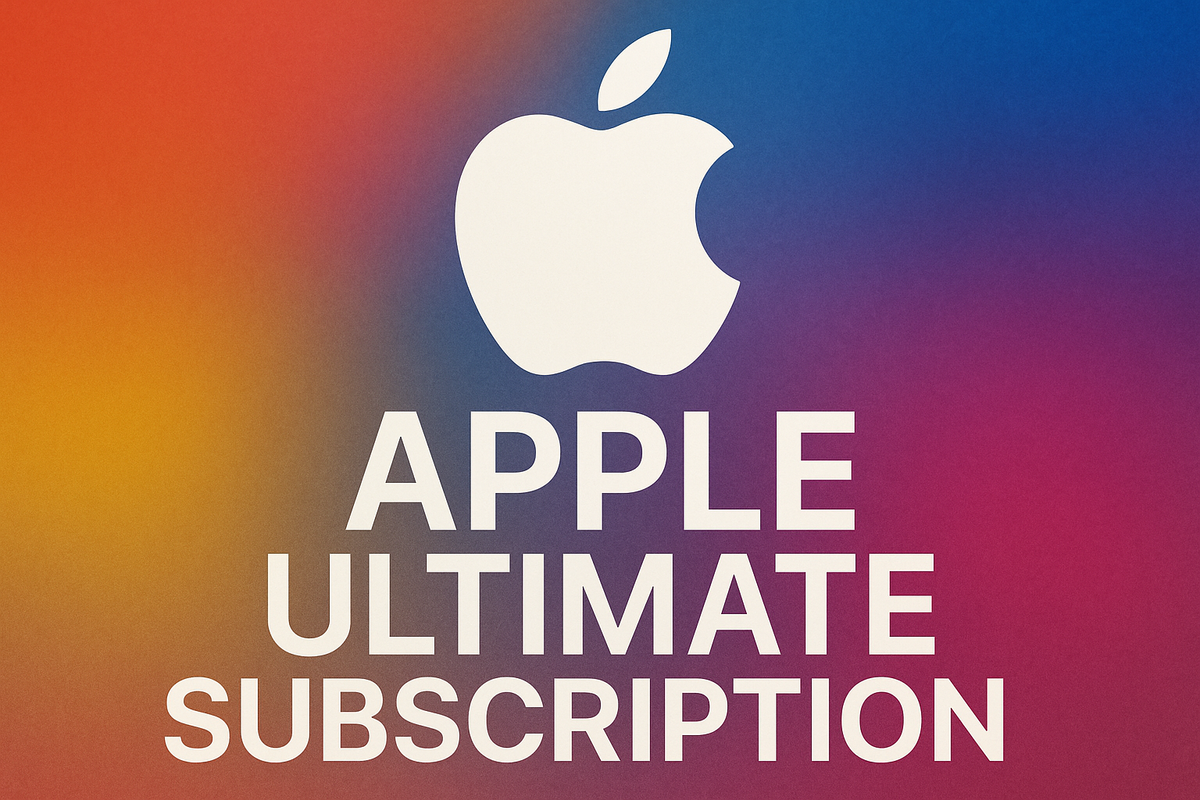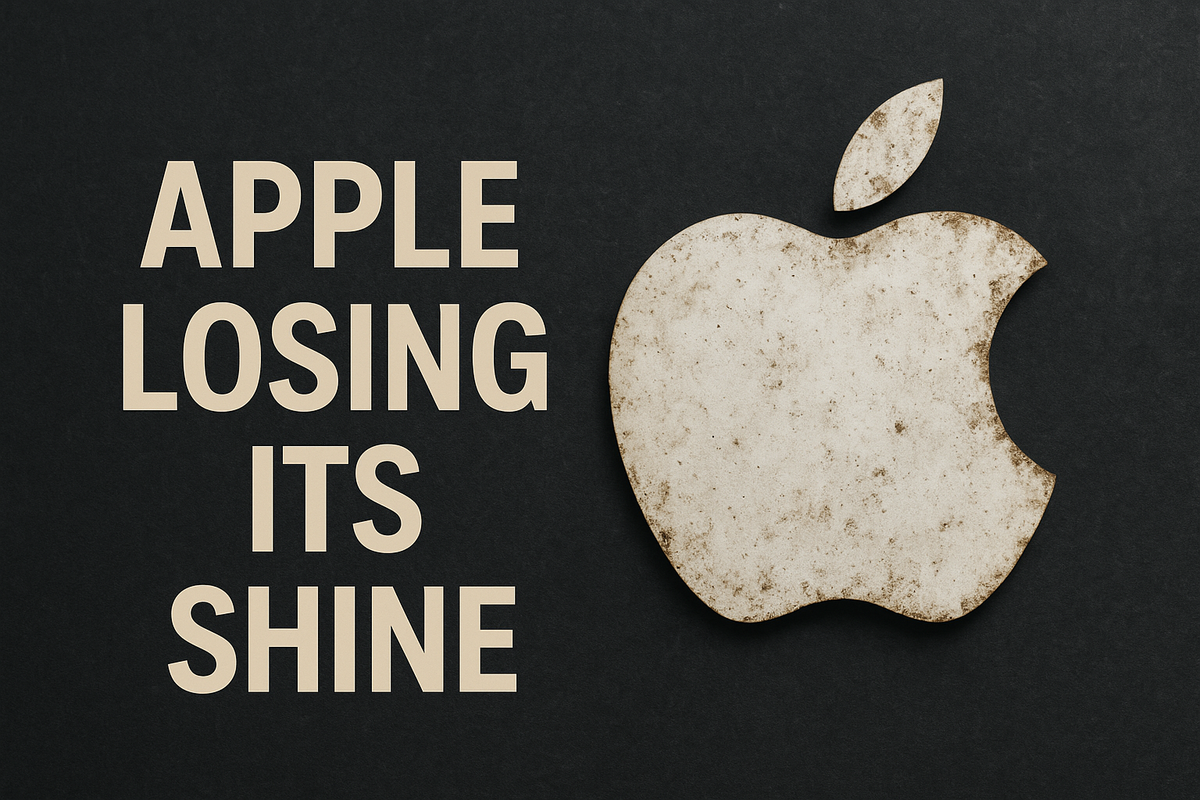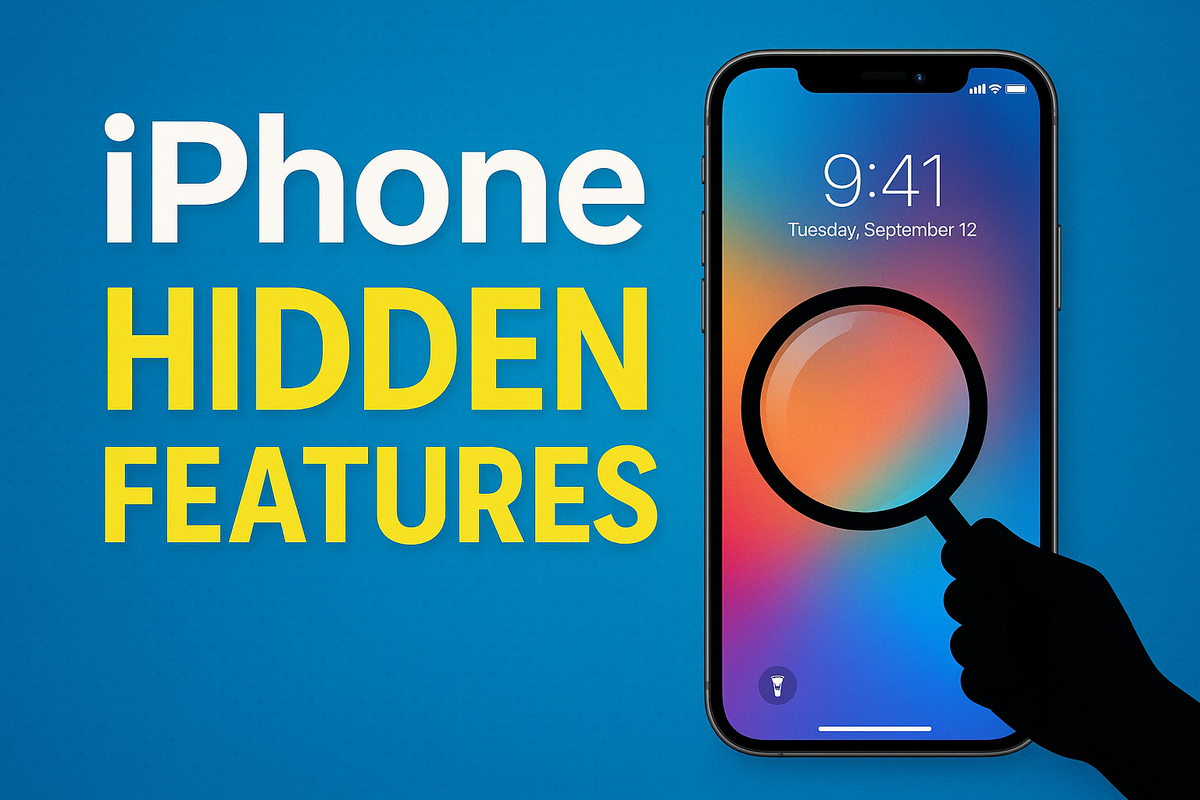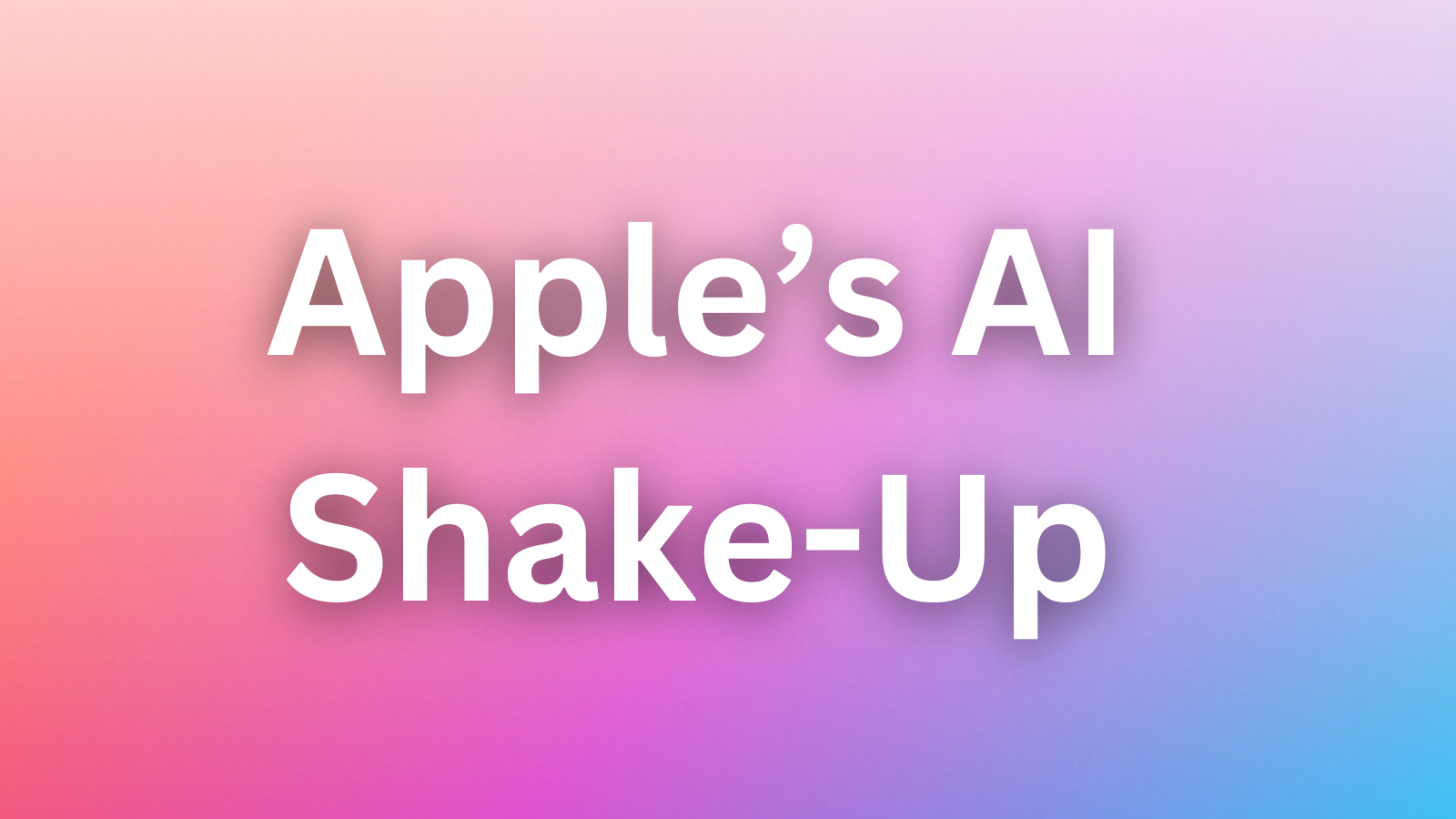Is Apple Watch Finally Getting Smarter—By Leaning on Your iPhone?
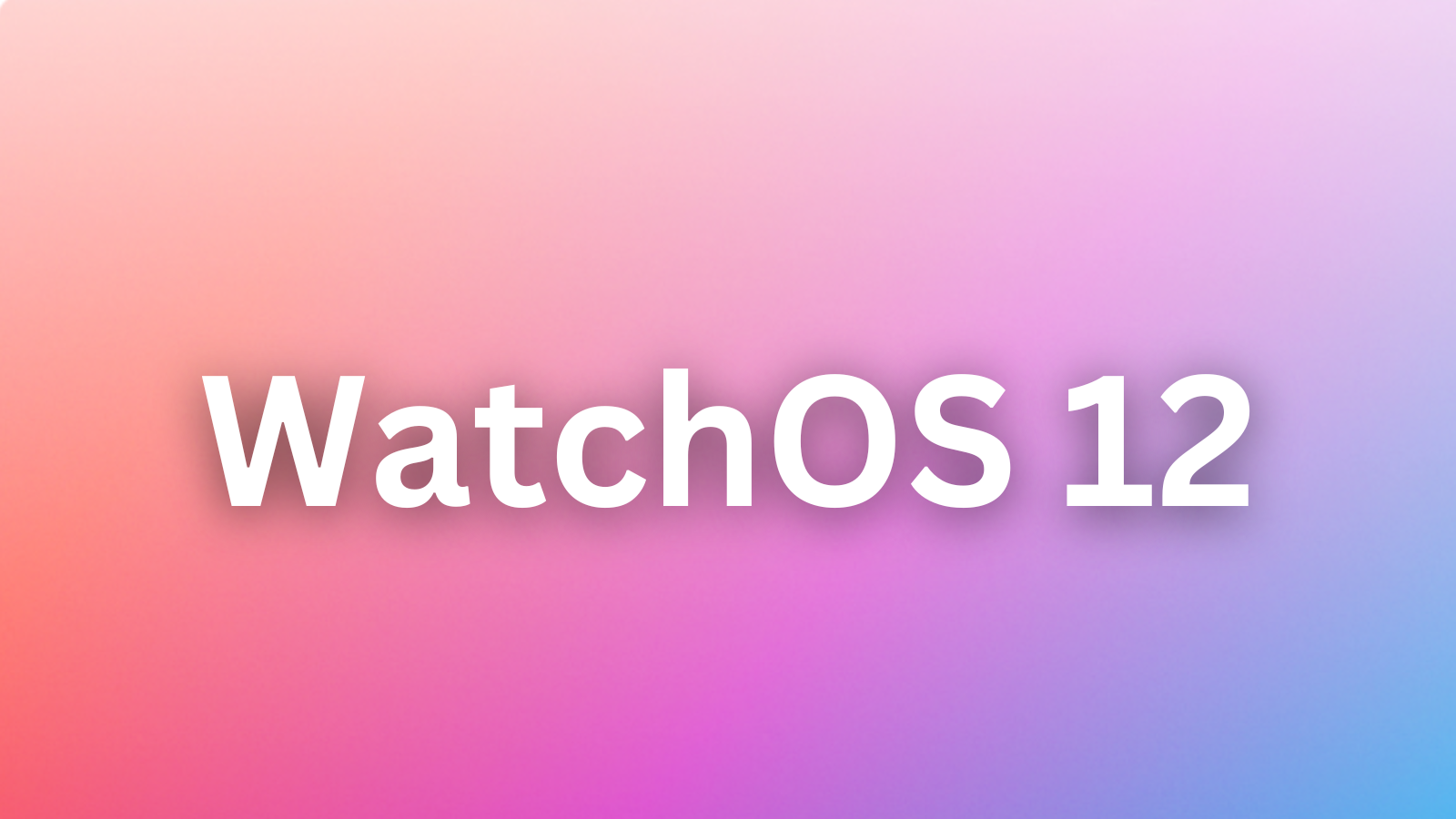
Apple’s watchOS 12: A Clever AI Workaround or a Step Backward?
Apple’s 2025 software updates are shaping up to be another blockbuster—and the Apple Watch isn’t being left behind. But there’s a twist: watchOS 12’s new Apple Intelligence features won’t actually run on your wrist. Instead, they’ll rely on your iPhone’s processing power. Is this a genius hack to bypass hardware limits, or a return to the Watch’s iPhone-dependent past? Let’s dive in.
⌚️ The Apple Watch’s AI Dilemma: Small Device, Big Ambitions
Apple wants to bring its Apple Intelligence suite to the Watch, but there’s a catch:
- Processing Power: The Apple Watch’s S-series chips are designed for efficiency, not complex AI tasks like natural language processing.
- Battery Life: On-device AI models could drain the Watch’s battery in hours—a non-starter for a device meant to last all day.
- Thermal Limits: Pushing the Watch’s processor too hard risks overheating, a problem iPhones avoid with larger cooling surfaces.
- Precedent: watchOS 11 already uses iPhone-powered AI for features like Notification Summaries, but users rarely notice the behind-the-scenes handoff.
✅ Apple’s Solution: Let the iPhone Do the Heavy Lifting
By offloading AI tasks to the iPhone, Apple sidesteps the Watch’s limitations:
- ✅ Advanced Features: Watch users get Siri upgrades, smarter health insights, and contextual alerts without needing a new Watch.
- ✅ Seamless Integration: Apple’s tight ecosystem ensures tasks like dictating messages or analyzing workouts feel instantaneous.
- ✅ Cost Efficiency: Older Watches stay relevant longer, reducing upgrade pressure (and e-waste).
This approach mirrors early watchOS versions, where apps ran on the iPhone. But unlike 2015, today’s iPhones have neural engines capable of handling multiple AI models simultaneously.

⚠️ The Risks of iPhone Dependency
Apple’s strategy isn’t without trade-offs:
- 🚧 iPhone Required: Lose your phone? AI features like real-time language translation or adaptive coaching might vanish.
- 🚧 Latency Issues: Even minor delays (e.g., Siri taking 0.5 seconds longer to respond) could frustrate users.
- 🚧 Privacy Questions: Will health data need to leave the Watch for iPhone processing? Apple’s “on-device” branding might face scrutiny.
🔮 Final Thoughts: A Necessary Compromise—For Now
watchOS 12’s iPhone-powered AI feels like a stopgap, but it’s a smart one. Until Apple develops a Watch chip with dedicated AI cores (or shrinks its M-series silicon), this hybrid model balances innovation with practicality. Success hinges on:
- 📈 Transparency: Clearly communicating which features require an iPhone.
- 🚀 Performance: Ensuring AI tasks feel native, not sluggish.
- 💡 Future Hardware: A neural engine-equipped Apple Watch Ultra 3 could change the game.
What AI features would make YOU excited for watchOS 12? Smarter workout feedback? Proactive health tips? Let us know below!
Let us know on X (Former Twitter)
Sources: Ryan Christoffel. watchOS 12 will offer Apple Intelligence with a unique twist: report, Apr 15 2025. https://9to5mac.com/2025/04/15/watchos-12-will-offer-apple-intelligence-with-a-unique-twist-per-report/


